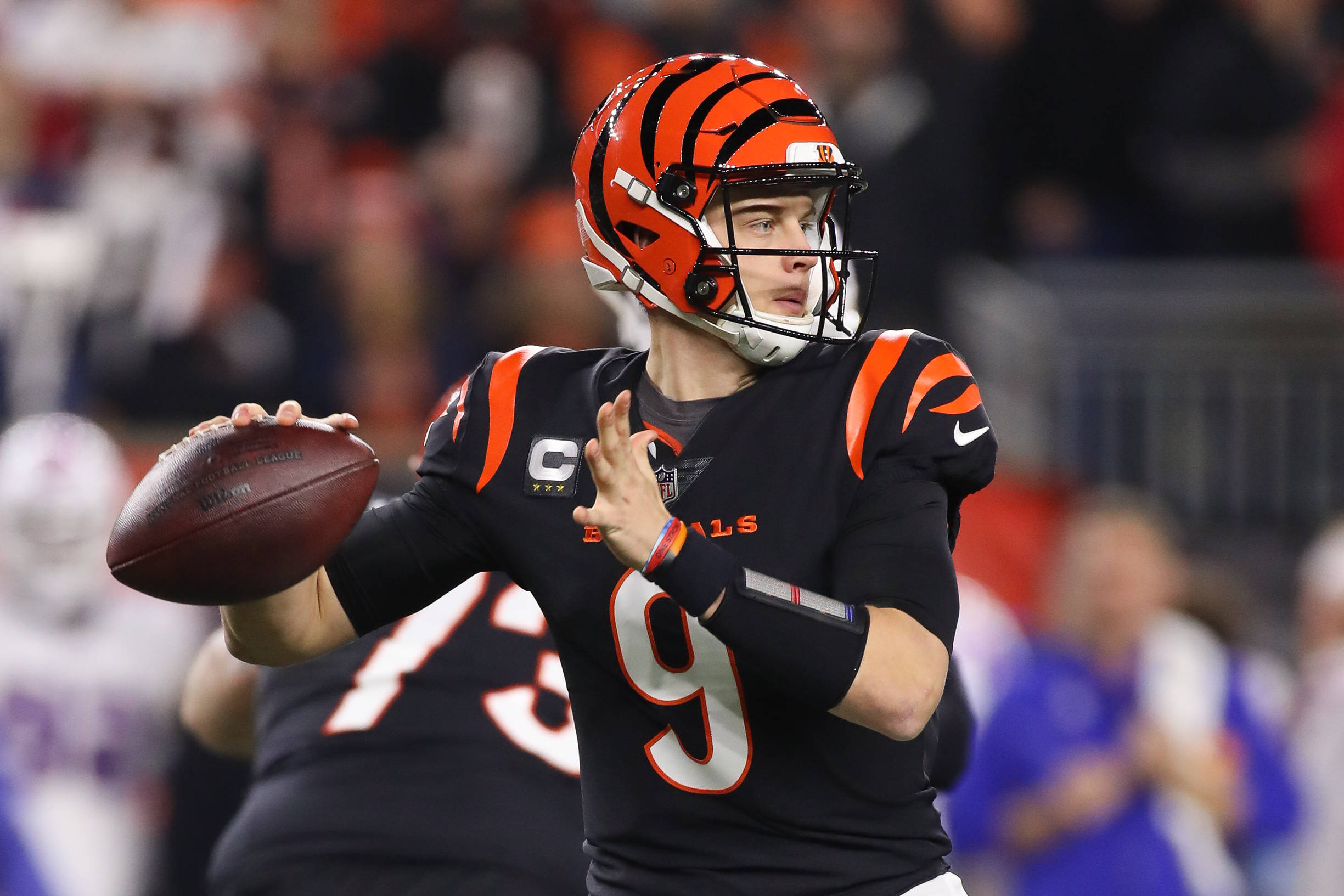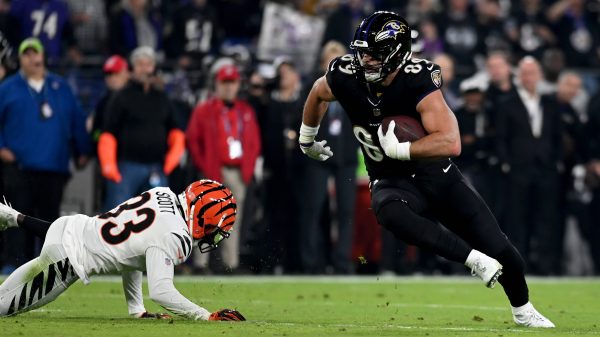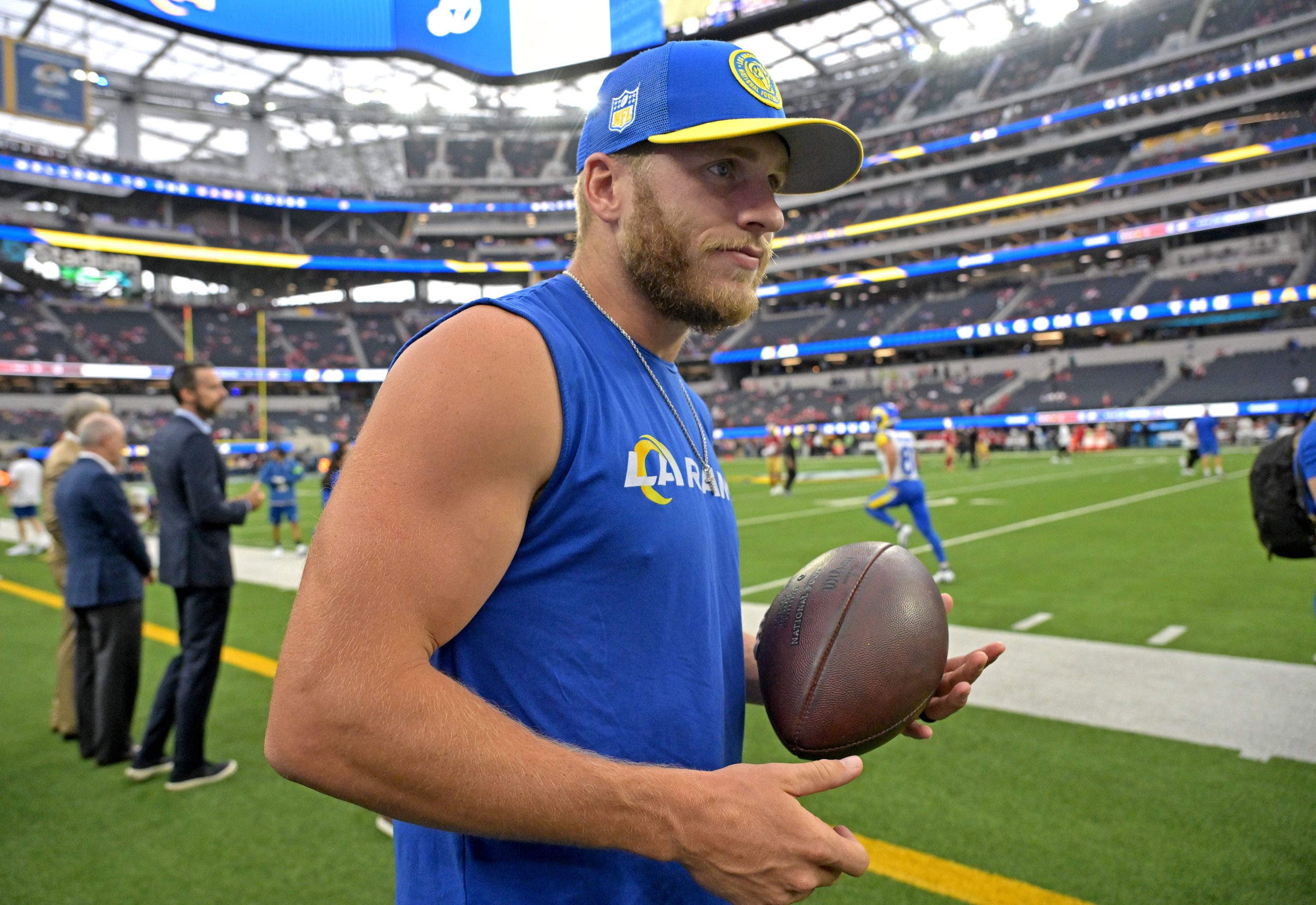The National Football League (NFL) has long been a dominant force in American culture. Football has become deeply ingrained in the fabric of American society, with millions of fans tuning in to games every week and the Super Bowl becoming a national holiday. The NFL’s rise to cultural dominance can be attributed to a combination of factors, including its rich history, the impact it has on American tradition, its economic influence, and its intersection with celebrity culture. However, the NFL also faces challenges and must adapt to changes in technology and societal values. This article will explore the various ways in which the NFL has shaped American culture and society, as well as its potential impact on global culture.
The NFL’s Rise to Cultural Dominance: How Football Became America’s Sport
Football has a long and storied history in America, dating back to the late 19th century. The sport quickly gained popularity in colleges and universities before making its way into professional leagues. The NFL was officially formed in 1920 and has since grown into a multi-billion dollar industry. The rise of football can be attributed to several factors, including its appeal as a uniquely American sport, the rise of television broadcasting, and the development of rival leagues such as the American Football League (AFL) which eventually merged with the NFL.
In comparison to other popular sports in America such as baseball and basketball, football offers a unique combination of physicality, strategy, and spectacle that captures the attention of fans across the country. The sport’s popularity is also fueled by its ability to bring people together, whether it be through tailgating parties before games or friendly rivalries between fans of different teams. The NFL’s rise to dominance can also be attributed to its ability to adapt and innovate, such as introducing instant replay technology and implementing rule changes to improve player safety.
From Sunday Rituals to Super Bowl Parties: Football’s Place in American Tradition
Football has become a cherished tradition in American households, with families gathering around the television every Sunday to watch their favorite teams compete. The sport has become so ingrained in American culture that the Super Bowl has become a de facto national holiday, with millions of people hosting parties and tuning in to watch the game. The Super Bowl halftime show has also become a cultural phenomenon, attracting some of the biggest names in music and entertainment.
The impact of football on American social life extends beyond game days. Fantasy football leagues have become a popular pastime, allowing fans to engage with the sport on a deeper level and fostering friendly competition among friends and colleagues. Football also serves as a common topic of conversation and a way for people to connect with one another, whether it be discussing the latest game or debating the merits of different players and teams.
The Business of Football: How the NFL Drives American Commerce
The NFL is not only a cultural powerhouse but also a major driver of the American economy. The league generates billions of dollars in revenue each year through various streams, including ticket sales, merchandise, television contracts, and sponsorships. The Super Bowl alone generates hundreds of millions of dollars in economic activity for the host city.
The economic impact of the NFL extends beyond game days. Football stadiums serve as economic engines for their respective cities, attracting visitors who spend money on hotels, restaurants, and other local businesses. The league also creates jobs, both directly through its teams and indirectly through related industries such as broadcasting and advertising.
Football is also big business for advertisers. The Super Bowl commercials have become almost as anticipated as the game itself, with companies spending millions of dollars for a 30-second spot during the broadcast. The NFL’s massive viewership provides advertisers with a unique opportunity to reach a wide audience and make an impact.
Football and Celebrity Culture: The Intersection of Sports and Entertainment
NFL players have become celebrities in their own right, with their faces plastered on billboards and their names known by fans across the country. The sport’s popularity has also had a significant impact on the American entertainment industry. Many NFL players have crossed over into the world of entertainment, appearing in movies, television shows, and commercials. The NFL has also embraced the entertainment aspect of the sport, with elaborate halftime shows and pre-game performances.
The crossover between sports and entertainment is not limited to NFL players. The Super Bowl halftime show has become a platform for some of the biggest names in music to showcase their talent to a massive audience. The halftime show has become a cultural event in its own right, with fans eagerly anticipating the announcement of the performer each year.
The NFL’s Impact on Youth and Community: Football’s Influence on American Values
Football plays a significant role in American youth culture, with millions of children participating in organized leagues and dreaming of one day making it to the NFL. The sport teaches valuable lessons such as teamwork, discipline, and perseverance. However, football also carries risks, particularly when it comes to player safety. Concerns about concussions and long-term brain damage have led to a decline in youth participation in recent years.
Despite these concerns, football continues to be a unifying force in communities across America. High school football games are often major events that bring together students, parents, and alumni. The sport has the power to build community and instill a sense of pride in one’s hometown.
The Politics of Football: How the NFL Reflects and Shapes American Politics
The NFL has not been immune to political controversies in recent years. Players kneeling during the national anthem to protest racial injustice and police brutality sparked a heated national debate about free speech and patriotism. The controversy divided fans and led to boycotts of NFL games by some viewers.
The NFL’s role in shaping American political discourse extends beyond individual player protests. The league has taken positions on various social and political issues, such as supporting LGBTQ rights and advocating for criminal justice reform. The NFL’s influence on American politics is a reflection of its cultural dominance and the power it wields as an institution.
Social Justice and Football: The NFL’s Role in Addressing Social Issues
In response to the protests by players, the NFL has taken steps to address social justice issues. The league launched the Inspire Change initiative, which focuses on education and economic advancement, police and community relations, and criminal justice reform. The NFL has also pledged to donate $250 million over a 10-year period to support social justice causes.
The NFL’s response to social justice issues has been met with both praise and criticism. Some argue that the league’s efforts are merely a PR move to appease critics, while others believe that the NFL has a responsibility to use its platform to effect positive change. Regardless of one’s opinion, it is clear that football has become intertwined with social justice movements in America.
Football and National Identity: How the NFL Shapes American Patriotism
Football has become synonymous with American patriotism, with displays of national pride often accompanying games. The NFL has a longstanding relationship with the military, with pre-game ceremonies honoring servicemen and women and flyovers by military aircraft. The sport has become a symbol of American values such as freedom, unity, and resilience.
However, the intersection of football and patriotism has also been a source of controversy. The protests during the national anthem sparked a debate about what it means to be patriotic and whether dissent should be tolerated in a democracy. The NFL’s handling of the issue highlighted the complexities of patriotism in modern America.
The Future of Football: The NFL’s Changing Role in American Culture
The NFL faces several challenges as it looks towards the future. Concerns about player safety have led to declining participation at the youth level, and the league has implemented rule changes to reduce the risk of head injuries. The rise of streaming services and changing viewing habits pose a threat to the traditional television model that the NFL relies on for revenue.
The NFL must also navigate changing societal values and address issues such as racial inequality and domestic violence. The league’s response to these challenges will shape its future and determine whether it can maintain its cultural dominance in the face of evolving attitudes.
Football Beyond America: How the NFL Impacts Global Culture and Society
While football is deeply ingrained in American culture, its influence extends beyond the borders of the United States. The NFL has made efforts to expand its global reach, with games being played in London and Mexico City. The Super Bowl has also become a global event, with millions of viewers tuning in from around the world.
The impact of the NFL on international culture is still relatively small compared to other sports such as soccer, but there is potential for growth. As American football gains popularity in other countries, it has the potential to shape global society and become a truly global sport.
The NFL’s cultural dominance in America is undeniable. Football has become deeply ingrained in American society, with millions of fans tuning in to games every week and the Super Bowl becoming a national holiday. The sport’s impact extends beyond game days, with football serving as a cherished tradition in American households and a way for people to connect with one another.
The NFL’s influence on American culture can be seen in various aspects of society, from its economic impact to its intersection with celebrity culture. However, the league also faces challenges and must adapt to changes in technology and societal values. The future of football will be shaped by how the NFL responds to these challenges and whether it can maintain its cultural dominance in an ever-changing world.
Check out this informative article on becoming an elite NFL quarterback. It provides seven valuable tips for aspiring quarterbacks to improve their skills and reach the top level of the game. Whether you’re a fan of the sport or an aspiring player yourself, this article is a must-read for anyone interested in the intricacies of the quarterback position. Read more
FAQs
What is the NFL?
The NFL (National Football League) is a professional American football league consisting of 32 teams, divided equally between the National Football Conference (NFC) and the American Football Conference (AFC).
When was the NFL founded?
The NFL was founded on August 20, 1920.
How long is an NFL season?
The NFL regular season lasts for 17 weeks, starting in early September and ending in late December or early January. Each team plays 16 games and has one bye week.
How many players are on an NFL team?
Each NFL team has a roster of 53 players, but only 46 players can dress for a game.
What is the Super Bowl?
The Super Bowl is the championship game of the NFL, played annually in early February. It is the culmination of the NFL season and is one of the most-watched television events in the world.
How many Super Bowls have been played?
As of 2021, 55 Super Bowls have been played.
Who has won the most Super Bowls?
The Pittsburgh Steelers and the New England Patriots have each won six Super Bowls, the most of any NFL team.
What is the NFL draft?
The NFL draft is an annual event in which NFL teams select eligible college football players. The draft consists of seven rounds, with the order of selection determined by the previous season’s standings.
What is the salary cap in the NFL?
The salary cap in the NFL is the maximum amount of money that a team can spend on player salaries in a given season. As of 2021, the salary cap is $182.5 million per team.











































































































































































Recent Comments